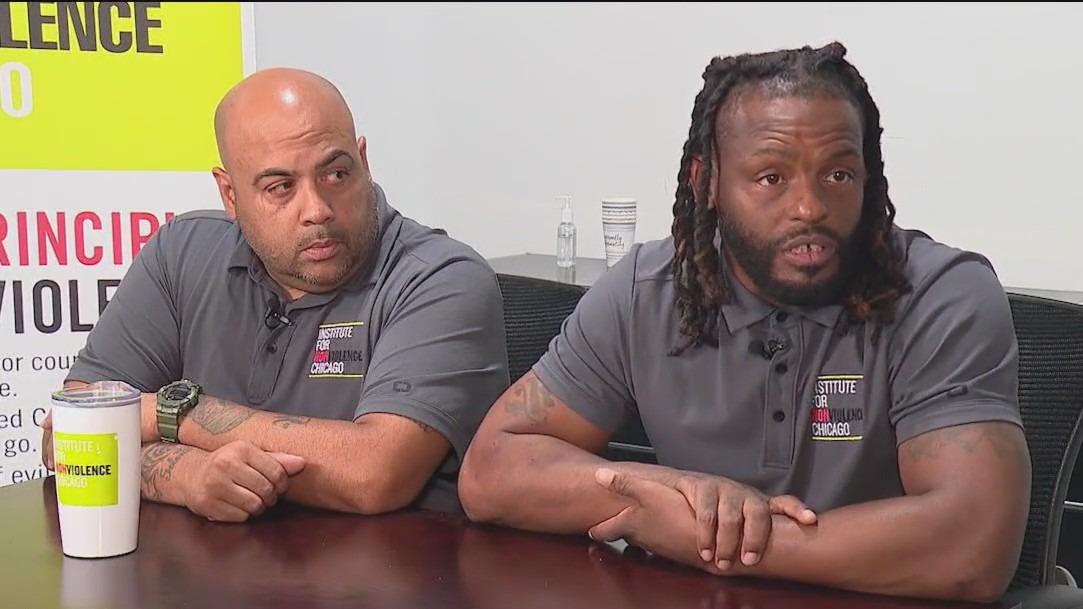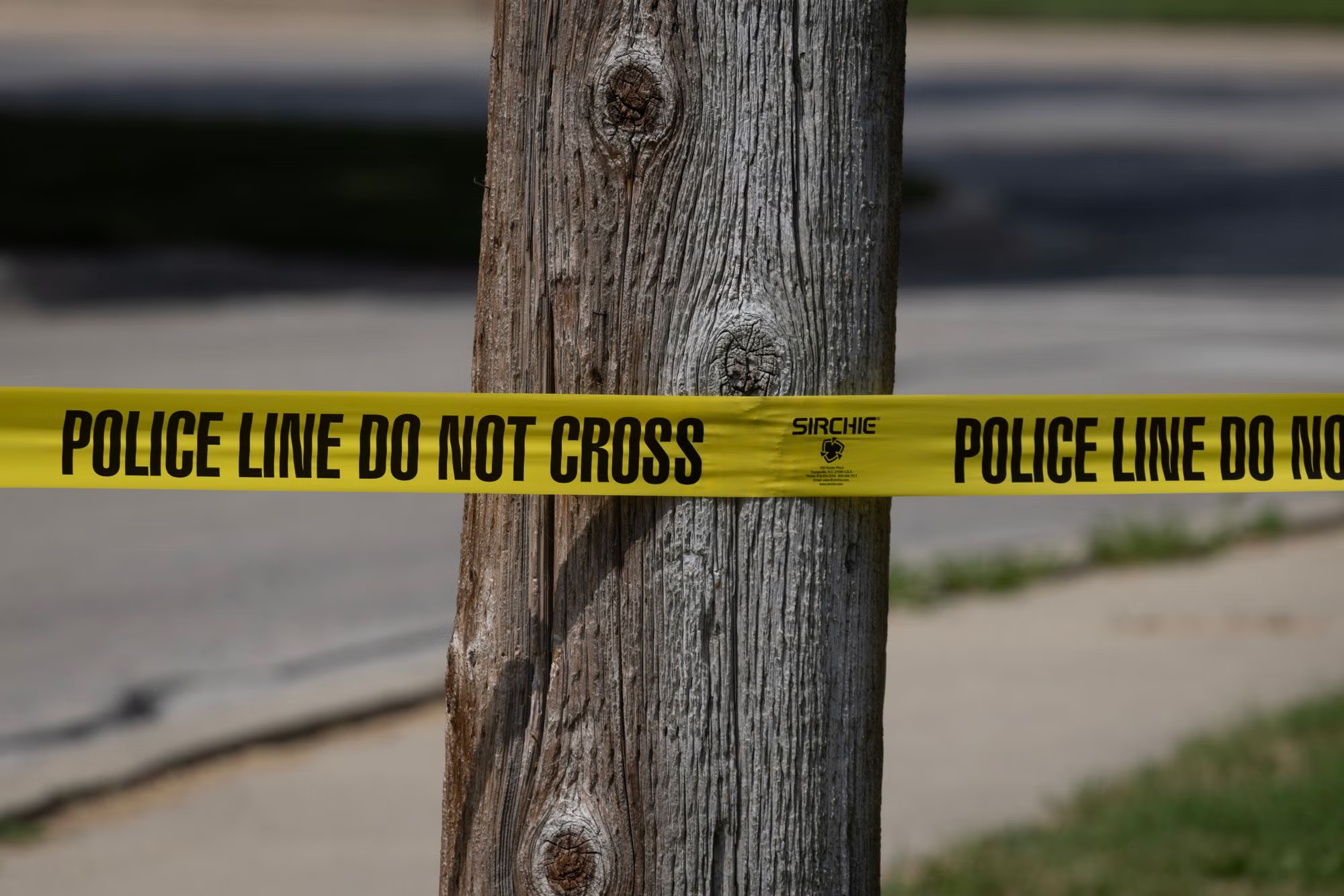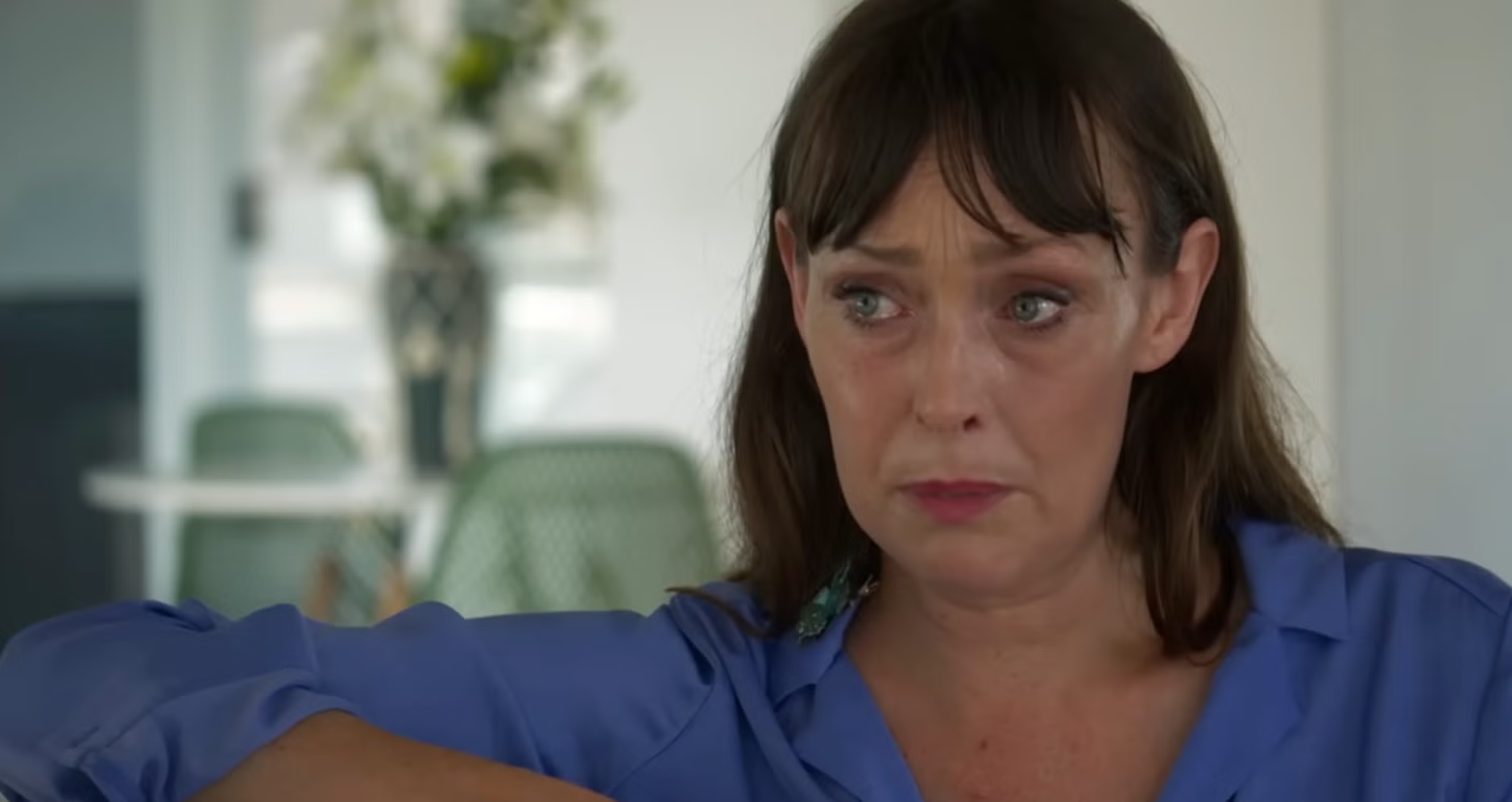
CHICAGO – Could a college degree make your neighborhood safer?
In some Chicago communities, fewer than one in ten people graduate from college. Now, a program is helping local leaders turn their life experience into a degree and using it to fight gun violence head on.
From street rivals to mentors
“I get paid to love on people and bring resources, man,” said Sam Castro.
Those resources move through the Institute for Nonviolence Chicago.
Castro and Nekenya Hardy help direct that flow. They grew up on opposite sides of a street war. Today they work side by side.
“This is my purpose to be here, to help the young men and women, not just in the Austin community, but any urban community that was pretty much set up for failure,” Hardy said.
Learning on the block
Purpose led them to College Unbound. The program meets where people already serve. The classroom is their block. The textbook is their lived experience.
Adam Bush leads that work.
“College Unbound is an accredited bachelor’s degree that supports learning wherever it takes place,” Bush said. “We both nurture folks to gather in their communities around kitchen tables, in classrooms where they’re already connected.”
That connection leads to credentials that count. Each student earns a bachelor of arts in organizational leadership and change. Coursework builds directly on the work they already do.
Tuition is less than $500 per credit this year with Pell Grants and scholarships that can lower costs. Staff help map a plan around life.
“Seventy-five percent of higher education students and learners are adult learners, are folks who are fitting in their relationship to college and their pursuit of a bachelor’s degree in the midst of a busy life where they’re balancing raising family, being caregivers for the generation above them. Navigating reentry, holding down multiple jobs, being present in their community in all the ways that they care,” Bush said.
“With them is like we gonna make sure you cross that line nobody’s gonna get left behind,” Castro said.
Degrees as a path forward
Traditional higher education leaves many feeling left behind. The City of Chicago Equity Dashboard reports large gaps in who holds college degrees.
Black and Latino Chicagoans hold fewer degrees than their white counterparts. Rates in Austin, West Garfield Park and New City fall even lower.
Studies tie the disparities to years of disinvestments in neighborhoods of color and public schools. Plus, with high costs, for many, college never felt within reach.
“I never imagined that I would have a college degree, right? First and foremost, I never thought that I’d probably get a GED,” Hardy said.
When “I never imagined” becomes “I can see it now,” you need a map. College Unbound turns that vision into a blueprint you carry into the day.
Projects with purpose
One practical idea moves through each class and builds through real tasks and check-ins. For Hardy, it starts with a way out for young people closest to harm.
“My core project was a trade for a trade, where it is a trade in the streets for a trade degree, where we help young men and women who could potentially be the next perpetrator or victim of gun violence receive their certification in a trade,” Hardy said.
These are some of those kids who live close to the hurt, and they pay close attention to the mentors who stand with them. Seeing these two men who once on opposite sides now shoulder to shoulder makes trust real.
“They respect me, they love me like brothers and we family now. And that was all because of the bond that they saw us have,” Hardy said.
“When you’re authentic and you want to come and help, no judgment is on you. Man, these dudes just want to get some love,” Castro said.
A graduation that inspires
That love came back and carried Castro and Hardy to graduation.
In May, Institute mentees watched and started to picture themselves in those caps and gowns.
“We walked in as a parade to, I think they put on a Nas song. And every student had their time at the mic to talk about the effect and the reason for them getting the degree. And then the graduation turned into a town hall where everyone in the audience stood up to tell their story about why seeing Samuel or Nakenya or others on that stage was meaningful and impactful to them,” Bush said.
And that energy moves through the West Side. It feels like a hand on a shoulder. It looks like small victories toward a bigger goal.
“What I achieved with College Unbound like I take that win on behalf of Black and Brown boys when they say you can’t be nothing and that’s it. I got something else to say. I got a different story to tell,” Castro said.
And it sounds like a nudge to continue.
“Continue to educate yourself, continue to develop yourself,” Castro said.
“You don’t have to be in a rush to finish. Your only goal is to finish,” Hardy added.
When more people finish school, crime drops. National data and Chicago data both point the same way — the more people earn degrees, the safer the community becomes.
The Source: This report was produced by FOX 32 Chicago’s Terrence Lee, who spoke with community leaders Sam Castro and Nekenya Hardy, along with College Unbound president Adam Bush.



